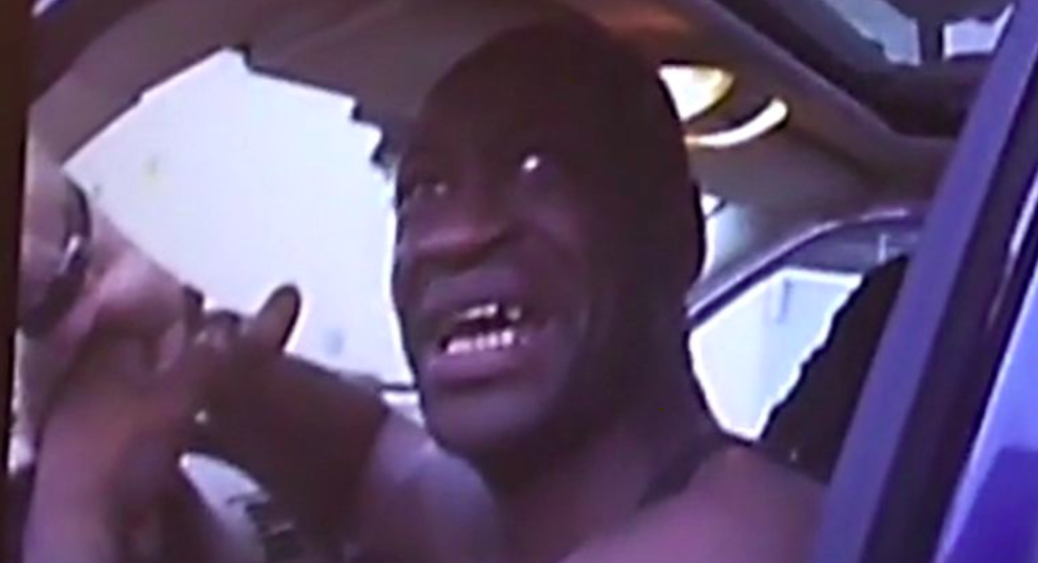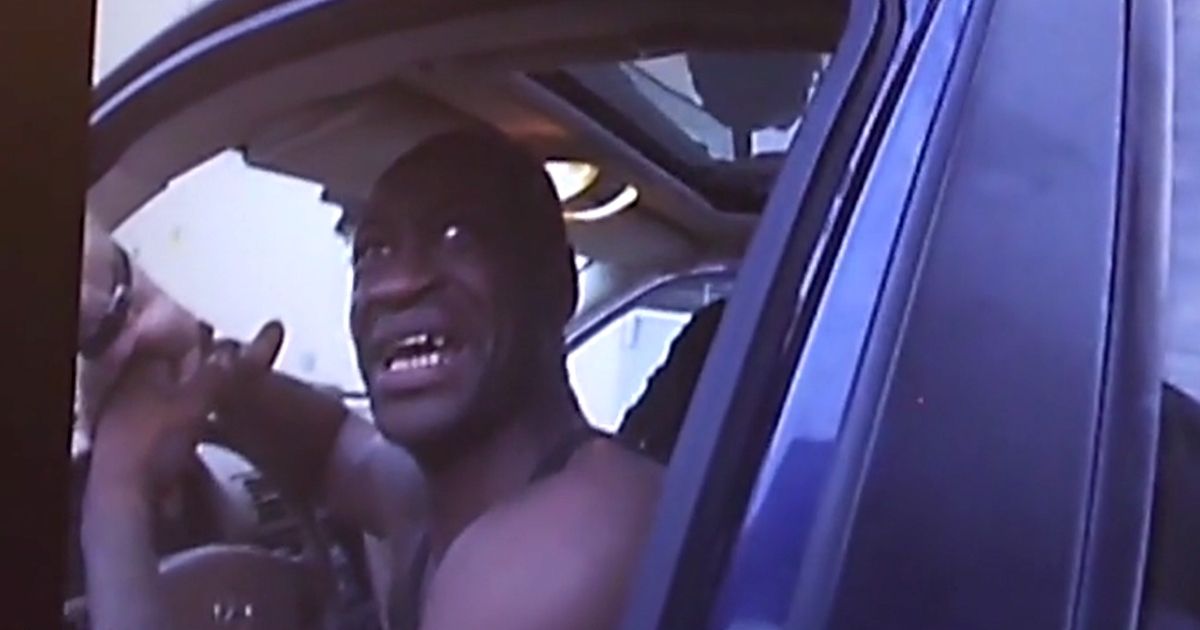Well.
It’s a good thing that the American media never reports on anything that is not good for the narrative.
Otherwise, they would currently have a pretty serious problem.
RT:
Police body-camera footage of George Floyd’s arrest in Minneapolis has been leaked, revealing Floyd was in significant distress – and possibly intoxicated – long before Officer Derek Chauvin kneeled on his neck.
One of the videos, which reportedly came from the body camera of Minneapolis officer Thomas Lane, starts with the cops pulling Floyd over and ends with their efforts to push the increasingly panicked 46-year-old security guard into a squad car. The other – much longer, extending over 18 minutes and allegedly taken from the body camera of Officer Alexander Kueng – starts inside the store where Floyd allegedly tried to pass a counterfeit bill and ends with police discussing the arrival of the ambulance as they restrain Floyd on the ground.
While neither clip, originally obtained by the Daily Mail, includes scenes of graphic violence, they are nevertheless difficult to watch. Floyd repeatedly pleads for his life and begs for his mother, asking the cops if they plan to shoot him and insisting he’s claustrophobic and can’t sit in the police car. The officers attempt to mollify him, promising to roll down the windows, in between asking him if he’s taken any drugs and accusing him of behaving erratically. The clip from Kueng’s bodycam provides an alternate camera angle on police restraining Floyd on the ground – the infamous “I can’t breathe” sequence that shocked the world when it initially surfaced on social media over two months ago.
It’s clear from both clips, however, that Floyd was in distress long before he ended up face-down on the asphalt. Repeatedly insisting he’s “not that kind of guy,” the stricken security guard protests “I can’t breathe” and “I don’t wanna die weird” as the officers attempt to stuff his handcuffed body into the squad car. Floyd even volunteers to lie on the ground instead, though at this point in the arrest the cops struggle to push, pull, and otherwise wrestle him into the vehicle.
Lawyers for the four officers charged with Floyd’s murder have for weeks argued the bodycam footage should be made public, insisting it provides necessary context for the decision to restrain Floyd on the ground using the controversial knee hold. While transcripts of the Memorial Day arrest made public last month already revealed Floyd had asked to “lay on the ground,” hearing the words in his own voice in between sobs coming from a grown man is viscerally unsettling.
According to that transcript, Floyd subsequently began beating his face against the squad car window, causing blood and foam to come from his mouth and renewing officers’ suspicions he was on drugs. Neither video shows this moment. An autopsy indicated Floyd died of cardiac arrest, adding heart disease, fentanyl intoxication and recent methamphetamine use may have contributed to his untimely death. One of the cops on Kueng’s bodycam footage says he “believes” Floyd was high, noting they “found a weed pipe” and “there might be something else…PCP or something.”
While parts of the video seem to vindicate at least some of the police’s behavior, other parts provide ammunition for police abolition advocates. Floyd’s ex-girlfriend, a passenger in the car, tells the police he is mentally unstable (“he’s got a thing going on”) regarding police and has been shot before, suggesting his erratic behavior could be a panic attack triggered by cops sticking a gun in his face. Police abolitionists often argue cops are responsible for responding to mental health incidents they lack the training to handle and frequently do more harm than good.
Yes, yes. He definitely had a thing going on. A thing relating to being addicted to serious drugs.
There is no element of the story of George Floyd’s arrest and subsequent death that makes any sense at all in the context of a global uprising against white people. There is no reason why it ever became an important story in the media at all, other than that it was a tool to bludgeon whites with.
The basic idea that the actions of one police officer should apply to every single white person on earth is in itself insane. So the fact that we are now discovering that the actions of that one police officer are much different than what we were initially told can’t damage a narrative that was built on nonsense from the beginning.

